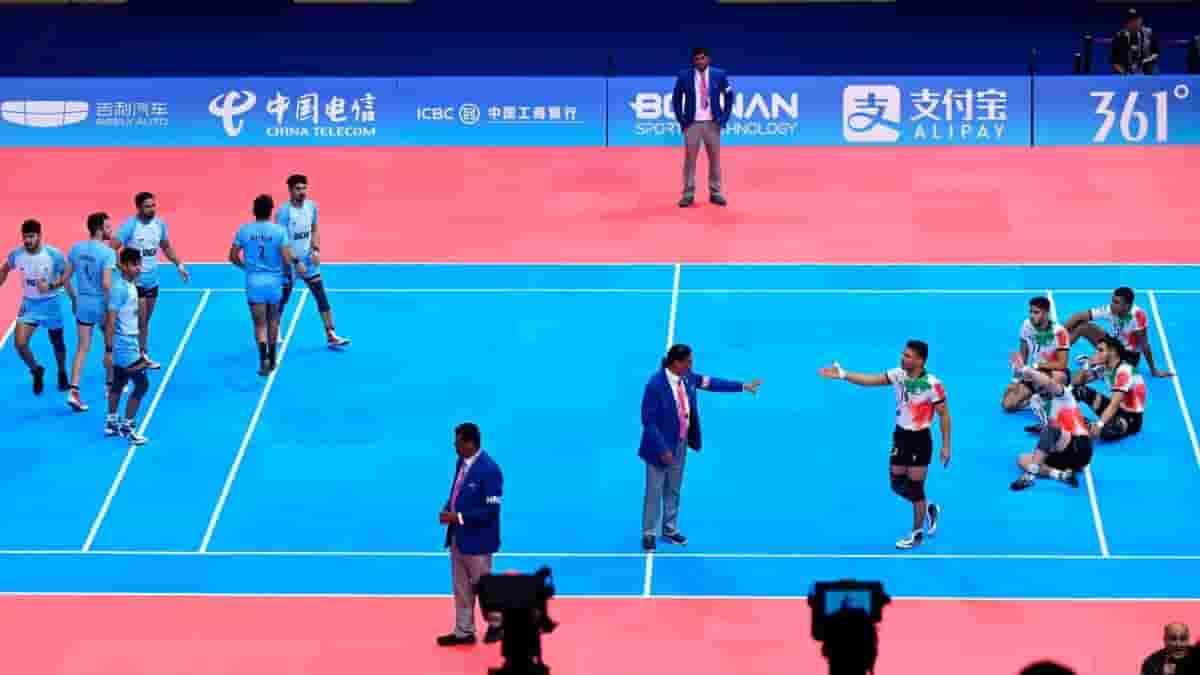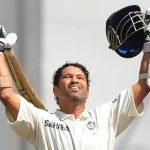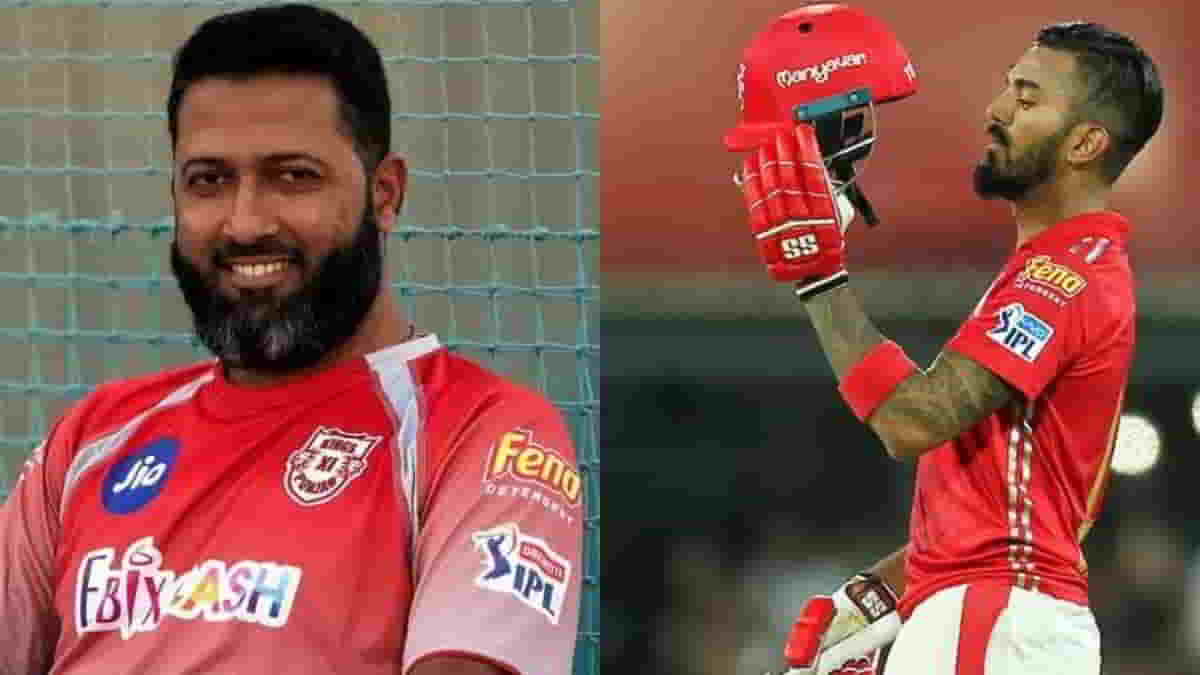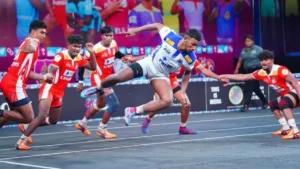Kabaddi is a high-energy, fast-paced sport that has captured the hearts of millions worldwide. While most people focus on the players, the role of a Kabaddi referee is equally crucial in ensuring fair play and maintaining the integrity of the game. If you’re passionate about Kabaddi and want to become a Kabaddi referee, this step-by-step guide will help you embark on this exciting journey.
Before diving into the specifics, let’s understand what Kabaddi is and the importance of a referee in this sport.
Understanding Kabaddi
Kabaddi is a traditional Indian sport that involves two teams taking turns to send a “raider” into the opponent’s half to tag as many defenders as possible. The game is intense and physically demanding, making it essential to have a skilled referee to officiate matches.
The Role of a Kabaddi Referee
In the thrilling world of Kabaddi, a traditional Indian sport, the role of a Kabaddi referee is of utmost importance. Kabaddi is a high-energy game where two teams take turns sending a “raider” into the opponent’s half, with the objective of tagging as many defenders as possible while chanting “kabaddi, kabaddi.” The referee’s role is pivotal in maintaining discipline, ensuring player safety, and making instant and accurate decisions throughout the match. Their primary duty is to uphold the rules of the game, ensuring that each team abides by them and that the match proceeds fairly.
Qualities of a Good Kabaddi Referee
Being an effective Kabaddi referee requires a specific set of qualities. Firstly, excellent decision-making skills are crucial, as referees must make quick judgments on whether a raider is tagged, a point is scored, or a foul is committed. Impartiality is equally vital, as referees must remain unbiased and fair in their officiating, ensuring no team receives preferential treatment. Physical fitness is a prerequisite, as they need to keep up with the fast-paced action and maintain an optimal vantage point. Additionally, an in-depth knowledge of the sport’s rules is essential for consistent and accurate decision-making. These qualities collectively make a good Kabaddi referee who can contribute to the integrity and excitement of the game.
Steps to Becoming a Kabaddi Referee
Becoming a Kabaddi referee is a structured process that includes several steps:
Basic Requirements
Initiate your journey by meeting fundamental prerequisites, including age and educational qualifications, which may vary depending on the region or governing body.
Formal Training
Enrol in a recognized Kabaddi referee training program. These programs provide comprehensive theoretical knowledge about the game’s rules, regulations, and refereeing techniques. Practical training often includes understanding hand signals, game management, and conflict resolution.
Gaining Practical Experience
After completing your training, gain practical experience by officiating in local matches, school games, or college competitions. This hands-on experience helps you apply the theoretical knowledge acquired during your training. It is essential for developing your decision-making skills and on-field presence.
Certification
Obtain the necessary certifications from Kabaddi governing bodies or associations. These certifications often involve written exams and practical evaluations of your refereeing abilities. Once certified, you can officiate at different levels of Kabaddi tournaments, from local and regional games to state and national competitions. The certifications are a testament to your competence as a Kabaddi referee and open doors to more challenging and prestigious assignments.
Officiating a Kabaddi Match
Officiating a Kabaddi match is a complex task that demands a deep understanding of the game’s rules and dynamics. A Kabaddi referee’s responsibilities encompass maintaining the flow of the game, ensuring player safety, and making quick, accurate decisions. This involves monitoring player actions, signalling points, fouls, and timeouts, as well as managing the game clock. The referee must also ensure fair play, handling protests, and enforcing penalties when necessary. Their keen observation and communication skills are paramount in maintaining the integrity of the sport.
Dealing with Challenges
In Kabaddi, as in any sport, challenges arise. Referees must adeptly handle conflicts and disagreements that may occur between players, coaches, and spectators. This involves maintaining a calm demeanour, listening to concerns, and making impartial decisions. Effective communication skills are crucial in diffusing tensions and ensuring a smooth flow of the game. Referees need to assert authority when necessary while maintaining respect for the spirit of the sport.
Advancing Your Kabaddi Referee Career
For those passionate about Kabaddi officiating, there are numerous opportunities for career growth. Referees can progress to higher levels of Kabaddi tournaments, such as state, national, and international competitions. To advance, they must continuously update their knowledge of rule changes, attend officiating clinics, and gain experience in more challenging matches. Building a reputation for consistency and fair officiating can open doors to more prestigious assignments and increase recognition within the Kabaddi community.
Salary and Benefits
Being a Kabaddi referee comes with financial rewards and other benefits. Referees are compensated for their services, and their pay often increases with experience and the level of competition. Additionally, referees may receive travel allowances, accommodation, and meals during tournaments. Beyond financial incentives, the role offers a chance to be part of a vibrant Kabaddi community, make lifelong friends, and contribute to the growth of the sport. The sense of pride and accomplishment can be as valuable as the monetary rewards.
The Thrill of Being a Kabaddi Referee
The adrenaline rush and pride of officiating a Kabaddi match are incomparable. It’s the thrill of making crucial decisions, the excitement of being in the midst of the action, and the joy of contributing to the sport’s legacy. Kabaddi referees play a vital role in upholding the spirit of fair competition, and their ability to impact the outcome of a game makes each match a unique adventure. The cheers of the crowd, the camaraderie with fellow referees, and the sense of being a part of something larger make being a Kabaddi referee a deeply rewarding experience.































